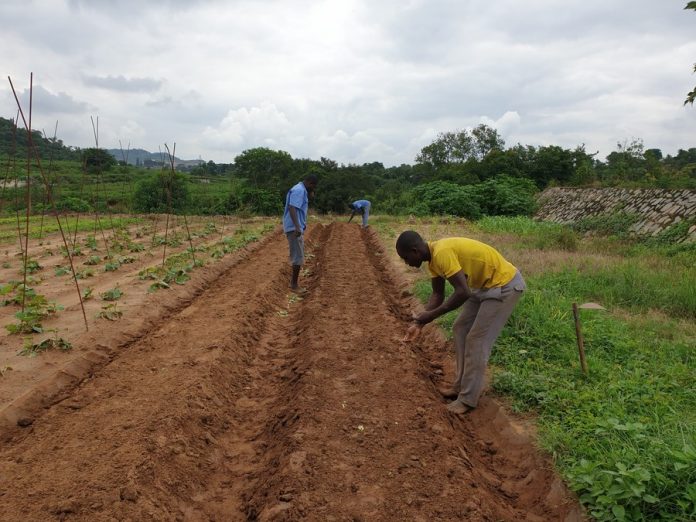Read in
FILE PHOTO: A rice farm in Nigeria. /Xinhua
By David Ochieng Mbewa
An increase in world fertilizer prices is adding to worries about food security across sub-Saharan Africa, where small-scale farmers depend largely on imports if they even use additional nutrients at all.
With prices tripling over the past 18 months, many farmers are considering whether to forgo purchases of fertilizers this year. That leaves a market long touted for its growth potential set to shrink by almost a third, according to Sebastian Nduva, program manager at researcher group AfricaFertilizer.Org.
That could potentially curb cereals output by 30 million tons, enough to feed 100 million people, he said.
“We are likely to see a scenario where yields are depressed and this will mean that either the government will have to readjust their budgets and import food or there will be food shortages,” Nduva said.
Sub-Saharan Africa already has the world’s lowest fertilizer application rates, averaging 12 kilograms per hectare compared with global average of 110 kilograms.
With usage set to fall as input costs rise, the threat to regional food security and political stability is growing, according to agriculture experts.
That will increase the region’s dependence on imports at a time when food prices are near a record high. More than 20 million people across Sub-Saharan Africa are already on the brink of famine, according to the World Food Programme.
Soaring gas prices helped drive fertilizers prices higher in 2021, squeezing supply as increasingly costs shuttered plants while producers introduced export restrictions.



